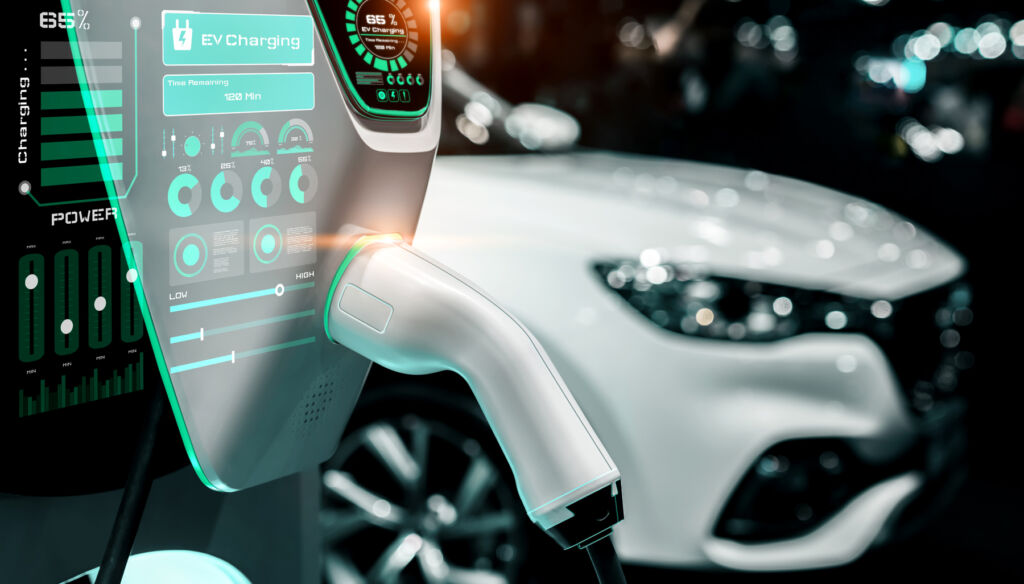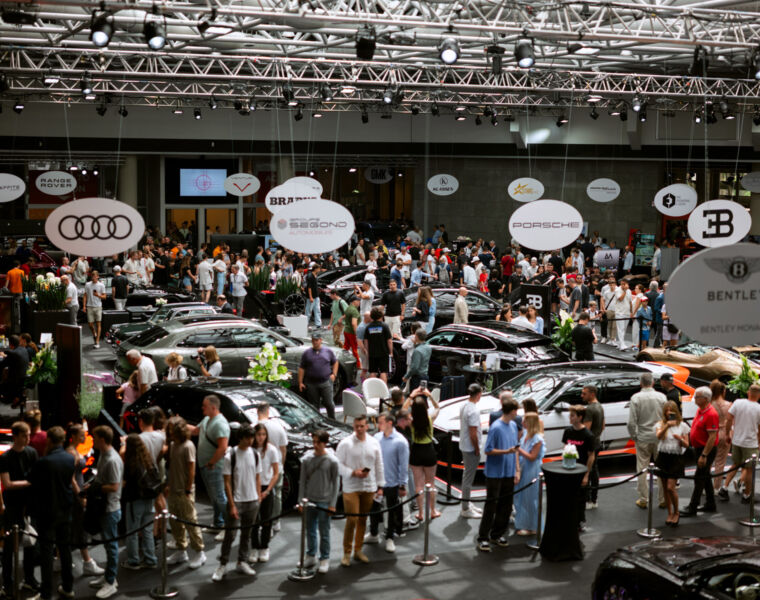
As the Government has announced a five-year delay to the ban on the sale of new petrol or diesel cars, motor insurance experts at NFU Mutual believe electric vehicles can still be a sound investment in many cases.
Prime Minister Rishi Sunak recently announced the UK’s 2030 deadline for the sale of new petrol and diesel cars was being delayed five years until 2035. One reason given for the delay was to avoid putting the cost of the net zero transition onto consumers.
A frequent criticism of electric vehicles is that they are more expensive to buy and maintain than petrol or diesel equivalents, but this isn’t always the case, explains Dave Rossall, head of motor claims at NFU Mutual:
“Given they are relatively new technology with many mod cons like advanced driver assistance systems, electric vehicles are often more expensive to repair, but we would expect this to come down over time as skills develop within the industry, and the technology becomes more commonplace.
“More worryingly, the high proportion of the vehicle’s value attached to the battery means we often see that even minor accidents which damage the battery result in total write-off of the vehicle, as it simply isn’t economical or feasible to repair the battery yet.
“However, the relative lack of moving parts in electric vehicles means they are generally cheaper to service, and many of the problems that can occur in a petrol or diesel vehicle simply aren’t present in an electric vehicle.”

Another common complaint is that electric vehicles are too expensive to run. In a poll of motorists by NFU Mutual earlier this year, 54% of respondents thought a petrol or diesel vehicle was the cheapest to run, with a further 17% saying a mild hybrid was the cheapest. Just 18% believed a fully electric vehicle is cheaper, and 11% think a plug-in hybrid is cheapest to run.
The key here, says Dave Rossall, is whether the owner can charge at home:
“Electric vehicles are significantly cheaper to run if you are able to be clever about how you charge them, either plugging in at home or using a subsidised scheme at work, but not everyone will have this luxury.
“This might explain why NFU Mutual research from last year suggested people living in rural areas are three times more likely to own an electric vehicle than those living in urban areas – put simply, they have the luxury and space to be able to charge at home.
“For people in a similar position, an electric vehicle will certainly be cheaper to run than a petrol or diesel equivalent. For those without off-street parking or living in flats, it is likely better to wait until public charging infrastructure catches up – and with 80% of new cars set to be electric by 2030, there’s good reason to hope it will.”
NFU Mutual’s advice for maximising EV efficiency:
Charge intelligently
Public charging can be expensive, but for those who are able to avoid using public chargers where possible, EVs can be significantly cheaper to run:
- Charge at home wherever possible. If you plan to stay in your property for a long time, a wall charger will be worth the outlay.
- Check whether you can access an electric vehicle tariff with your home energy supplier, which can offer an efficient way of charging. If you are unable to do so, charging on an overnight tariff can also work out more cheaply. Be sure to check the cheapest times to charge for your domestic tariff.
- Make use of any charging schemes at your office. At NFU Mutual, for example, staff members can charge their EVs at a much cheaper rate than at public charge points.
- If you are travelling for an overnight stay, check whether you are able to charge your vehicle at your destination.
Maintain battery health
As with all batteries, the battery in an EV will degrade over time. You can better maintain the battery health of your EV by taking a considered approach to charging. This will maintain the maximum range of your vehicle for a longer period of time:
- Try to avoid fully charging or draining the battery as much as possible. The optimum charging state is between 20% and 80%. Only charge to 100% or allow the battery to drain below 20% if you need to – for example, if you’re taking a long journey.
- Only use rapid charging when you need to, as this puts more stress on the battery.
- Try to avoid exposing the car to extreme heat or extreme cold.
- Regularly driving your EV will keep it in better condition.
Drive efficiently
As with petrol and diesel cars, driving in an efficient way can increase the number of miles you get from each charge:
- Conserve your momentum, avoiding braking heavily and accelerating quickly where possible. Where it is safe to do so, you can use cruise control to increase efficiency.
- Monitor your speed. As with all vehicles, high speeds will be less efficient. Consider driving more slowly to conserve battery.
- Reduce drag by closing windows at speeds above 45mph.
- Familiarise yourself with in-built ‘eco’ features. Most EVs will have things like regenerative braking, which returns energy to your battery, and driving modes which are less energy intensive. These can increase the range of a single charge.
- Remove unnecessary weight like unused roof racks, bike racks or items in the boot.
- Only use air conditioning and heating if it is needed, as this will take power from your car’s battery.
- Maintain your vehicle. Worn or underinflated tyres in particular will have a negative impact on battery range.
- Know your route, make sure you don’t get lost and avoid heavy traffic where you can.
Read more motoring news, features and opinion pieces here.
![]()




You must be logged in to post a comment.